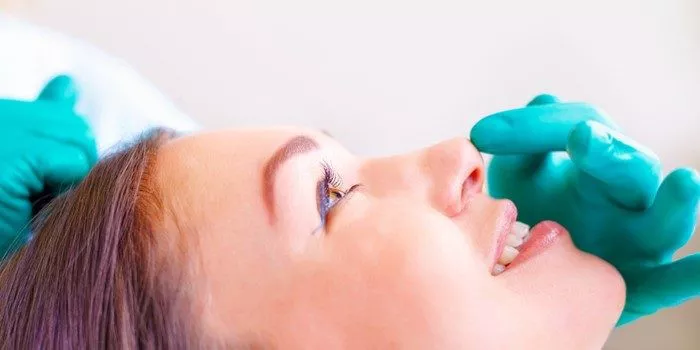The decision to undergo rhinoplasty, commonly known as a nose job, is a significant one that should not be taken lightly. One crucial aspect to consider when contemplating this cosmetic procedure is the age at which it is appropriate to undergo it. Nose jobs are sought for various reasons, including medical and aesthetic concerns, and the timing of the procedure can vary depending on individual circumstances. In this article, we will explore the factors that influence the suitable age for a nose job, medical considerations, and the importance of informed decision-making.
Age and Development
The age at which one can get a nose job is not set in stone, as it largely depends on an individual’s physical development. Most plastic surgeons advise waiting until the nose has reached its full growth potential before considering rhinoplasty. In general, this occurs between the ages of 15 and 17 for girls and between 17 and 19 for boys. However, there can be significant variation among individuals, and some may continue to experience changes in nasal growth into their early twenties.
Emotional and Psychological Maturity
While physical development is a crucial factor in determining the appropriate age for a nose job, emotional and psychological maturity are equally important. Undergoing elective surgery is a big decision, and patients should have a clear understanding of their motivations and realistic expectations. Individuals considering rhinoplasty should be emotionally mature enough to handle the procedure’s potential physical and emotional challenges.
Medical Necessity vs. Cosmetic Concerns
One of the key factors influencing the age at which a nose job can be performed is the reason behind seeking the procedure. There are two primary categories for rhinoplasty: cosmetic and functional.
Cosmetic Rhinoplasty: Cosmetic nose jobs are performed to enhance the appearance of the nose. Patients seeking cosmetic rhinoplasty should generally wait until their nose has finished growing and their facial features have stabilized. This is usually in late adolescence or early adulthood.
Functional Rhinoplasty: Functional rhinoplasty is performed to correct breathing problems or other medical issues related to the nose. In cases where the procedure is medically necessary, age may not be as much of a determining factor, and it can be performed earlier in life if recommended by a medical professional.
Consultation with a Board-Certified Plastic Surgeon
Before undergoing a nose job, it is crucial to schedule a consultation with a board-certified plastic surgeon. During this consultation, the surgeon will evaluate your individual circumstances, including your physical development, medical history, and reasons for wanting the procedure. They will help determine if you are a suitable candidate and advise you on the best timing for your rhinoplasty.
Risks and Recovery
Understanding the potential risks and recovery process associated with rhinoplasty is essential. This knowledge can influence the decision regarding the appropriate age for the procedure. Patients should be aware that rhinoplasty is a surgical intervention that carries risks such as infection, bleeding, scarring, and unsatisfactory results. Recovery from rhinoplasty can take several weeks, during which time patients may experience swelling, bruising, and discomfort.
Informed Consent and Support
For individuals under the age of 18, obtaining informed consent from a parent or legal guardian is typically required before undergoing elective surgery like rhinoplasty. It is essential for parents and guardians to be supportive and fully informed about the procedure, its risks, and its potential benefits. Open communication within the family is crucial in making the right decision.
Conclusion
The appropriate age for getting a nose job depends on a variety of factors, including physical development, emotional maturity, medical necessity, and individual circumstances. It is crucial to consult with a board-certified plastic surgeon who can assess your unique situation and provide guidance on the timing of the procedure. Additionally, a thorough understanding of the potential risks, benefits, and recovery process is essential for making an informed decision.
Ultimately, the decision to undergo rhinoplasty should be a well-considered one, made in consultation with medical professionals and with the support and consent of parents or legal guardians for minors. By approaching this decision with careful consideration and patience, individuals can achieve the best possible results from their nose job while ensuring their safety and well-being throughout the process.


